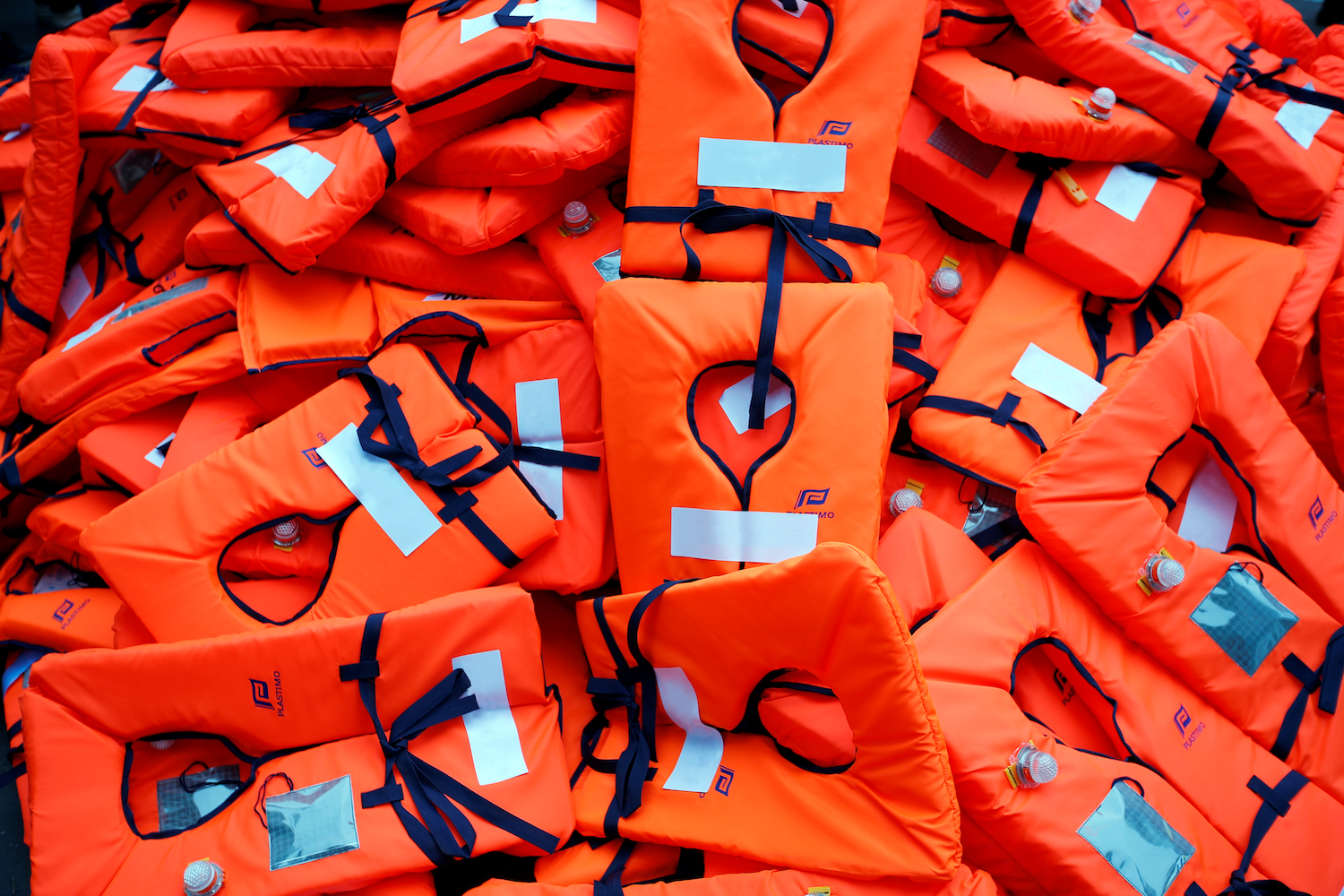May 06, 2020
You've lost your job and can't pay your bills. Your debt is growing, and it's not clear when (and if) you can pay it off. Or maybe you're a lender who needs to get paid back — even if that means accepting less money later than planned—because you've got financial worries too. This is the grim reality now taking hold in every region of the world.
Governments, particularly in poorer countries, and the institutions and investors who loan them cash to keep them afloat, face these very same challenges. As coronavirus lockdowns shutter the global economy, countries like Argentina, South Africa, Iraq, Venezuela, Zambia, Lebanon, and many others are warning of dire consequences if they can't get debt relief during this severe global economic slowdown.
Institutional lenders are trying to help. The G20 group of the world's largest economies has suspended debt repayments until the end of this year for 73 of the world's most vulnerable countries. It has also called on multilateral lenders like the IMF and World Bank, as well as private investors, to offer something similar. The hope is that by restructuring the debt – postponing but not erasing it — they won't be forced to think about large-scale debt forgiveness to avoid a bigger crisis. After all, the G20 governments have their own bills to pay.
This raises a question: Is full debt forgiveness a good idea? There are some good arguments in its favor.
- It's the fair thing to do. The most deeply indebted countries didn't create this crisis. The global pandemic is not the result of any irresponsible decisions on their part.
- Poorer countries need to spend their money on fighting the coronavirus. Some African countries, for example, are spending up to five times more on debt repayment right now than on managing their health crises. The rest of the world should help these governments fight this virus, because as economist Joseph Stiglitz wrote recently, "as long as the pandemic is still raging anywhere, it will pose a threat — both epidemiological and economic—everywhere."
- Wealthy nations have good reason to fear economic collapse in poorer countries, because economic and health crises can produce cross-border flows of refugees, violence, and disease.
- Secrets can kill. When wealthy countries refuse to help, fear of collapse encourages the governments of poorer countries to hide the true scale of their public health crises, and that can kill many more people within these countries and transmit disease across borders.
But...to simply tear up those IOUs creates problems of its own.
- Debt forgiveness sets a precedent that governments don't have to repay debts they can't afford. And wouldn't that act of generosity signal to these governments that they don't really need to prepare for future emergencies?
- Consider the creditors. Wealthy countries and international institutions face heavy financial pressures of their own – foregoing expected debt repayments hurts their bottom line too.
More For You
- YouTube
Is Venezuela entering a real transition or just a more volatile phase of strongman politics? In GZERO’s 2026 Top Risks livestream, Risa Grais-Targow, Director for Latin America at Eurasia Group, examines Delcy Rodríguez’s role as Venezuela's interim president after Nicolás Maduro.
Most Popular
It’s been just over 48 hours since US forces conducted a military operation in Caracas and seized Venezuelan strongman Nicolás Maduro, and the future governance of the country – and the US role in it – remains murky.
© 2025 GZERO Media. All Rights Reserved | A Eurasia Group media company.
